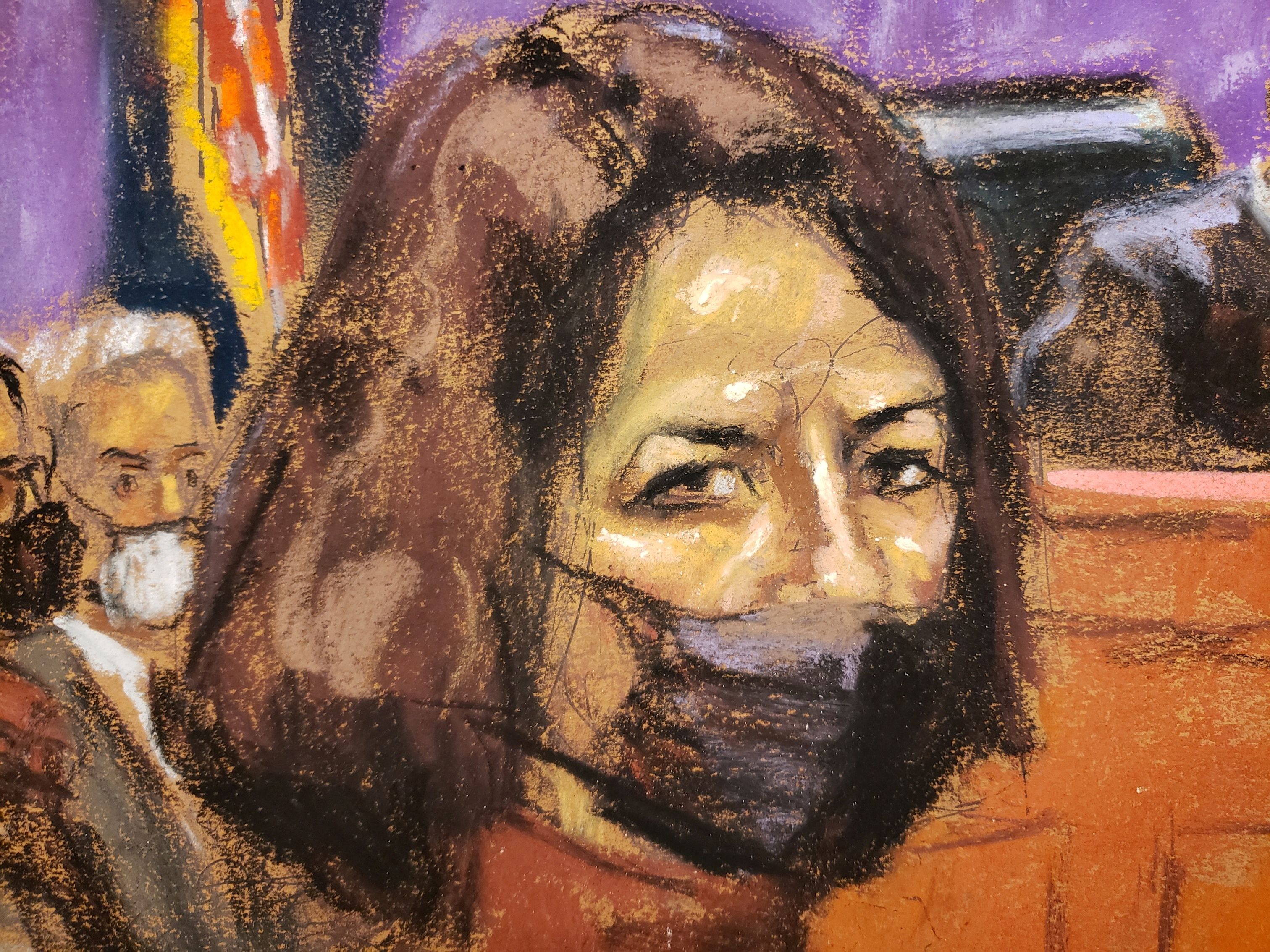By Alper Ali Riza
Ghislaine Maxwell was found guilty of procuring underage girls for her lover Jeffrey Epstein who committed suicide in prison awaiting trial for sexually abusing girls.
She was found guilty on five counts in a six count indictment including one for sex trafficking for which she falls to be sentenced to imprisonment for the rest of her life.
It is a spectacular fall from grace comparable to that of her father Robert Maxwell who escaped the Holocaust, became a Labour Member of Parliament and a very rich media baron and proprietor of the Daily Mirror. He blew it all and stole from his employees’ pension fund and fell off his yacht, the Lady Ghislaine, and drowned off Gran Canaria in the Atlantic.
No one knows whether he was pushed or jumped or just slipped but in the end his sons Ian and Kevin were charged and tried for the sins of their father. They were acquitted after an eight-month trial in front of a judge and jury.
Ghislaine, their favourite youngest sister and apple of her father’s eye – he named his yacht after her – was not so lucky. I have to say she did not seem the sexual predator she was portrayed by the New York prosecutors. Also for people in a normal relationship, it is counter intuitive for a woman to procure younger teenage girls for the sexual gratification of her lover – yet that is what the jury decided and they saw and heard her victims and found their evidence compelling.
Still there is an uncanny similarity between the fate of Ghislaine on account of her relationship with Epstein, who cheated his prosecutors by committing suicide, and the prosecution of her brothers Ian and Kevin in the 1990s for their father’s theft of the pension fund at the Mirror Group of Newspapers.
Maxwell’s death was as convenient for him as it was mysterious to the rest of us. It was so convenient some people believe he did not drown at all or that like Epstein he committed suicide rather than face the ignominy of conviction and the prospect of dying in prison.
Ghislaine’s defence was that she was being scapegoated and it seemed a plausible line of defence, but for one crucial fact. Apparently her lawyers advised her not to give evidence and give her version of events and have it tested in cross examination.
What on earth were they thinking? Sure, everyone has the right not to give evidence. It is a fundamental right of every defendant to remain silent both when questioned by the police and at trial. When interviewed by police, suspects don’t necessarily know all the evidence and are frequently advised to remain silent; but at trial it is very risky and usually fatal not to take the stand and give your side of the story.
In England judges usually direct juries that they can draw adverse inferences from the silence of a defendant at trial. But even in systems of criminal justice where neither the judge nor the prosecution is allowed to comment on a defendant’s failure to give evidence, common sense dictates that juries want to see and hear from a defendant and to see how well they stand up to cross examination.
It is all very well in principle that you should not provide the evidence that convicts you, but at trial this is a theoretical rather than a practical choice. A criminal prosecution does not just happen out of the blue. It is the end of a process that involves gathering and evaluating and filtering evidence before it is ripe to present to a jury.
At the end of the prosecution case, it is possible for the defence to make a submission of no case to answer to the judge either because it is felt there is no evidence about an essential ingredient of the offence charged or that the evidence is so weak a jury could not convict.
But if no such submission is made or the judge rules there is a case to answer, it is hubristic for a lawyer to advise his or her client not to give evidence. It defies both common sense and the natural curiosity of juries and usually met with derision and gasps of disappointment.
Failure to give evidence makes juries suspicious about a defendant, especially if, as happened in the trial of Ghislaine Maxwell, prosecution witnesses were attacked in cross examination as mercenary fantasists by someone who was not prepared to take the stand herself.
Sometimes lawyers are compelled by their instructions not to put a positive case and just test the prosecution evidence. In such cases they are not permitted to call their client to give evidence inconsistent with their instructions. However, the Ghislaine Maxwell case was one where a positive not guilty case was being pursued. It looks as though she was not called to take the stand as a tactical ploy to show that her accusers had no credibility, which was a bit of a Catch 22 tactic: they have no credibility so don’t call her to give evidence, but if you don’t call her they acquire credibility.
It is rarely a good idea not to call a defendant to give evidence. It famously worked in the case of Jeremy Thorpe who was leader of the Liberal Party and conspired with others to kill his homosexual lover Norman Scott. In the TV mini series A Very English Scandal Thorpe was acquitted because the judge was unashamedly biased in his favour. Ghislaine had no such luck.
Alper Ali Riza is a queen’s counsel in the UK and a retired part time judge







Click here to change your cookie preferences